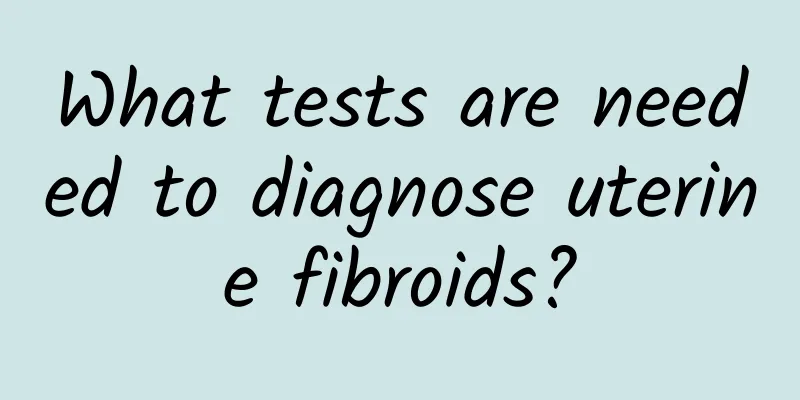Can arteriovenous fistula after abortion be cured without treatment?

|
If an AV fistula is not treated after a miscarriage, it usually does not heal on its own and can cause serious complications, so it is important to see a doctor promptly. AV fistulas are caused by an abnormal connection between an artery and a vein and can be caused by genetics, trauma, or complications after surgery. If an AV fistula is not treated, it can lead to heart failure, ruptured blood vessels, or other serious conditions. 1. Genetic and physiological factors: Arteriovenous fistula may be related to genetic factors. Some people have congenital vascular abnormalities. The fragility of one's own blood vessels is also one of the causes of the disease. For arteriovenous fistula caused by congenital or genetic factors, surgery such as vascular embolization or minimally invasive surgery is required for correction. 2. Environmental and external factors: Trauma or postoperative complications are common causes of arteriovenous fistula. Especially during abortion surgery, improper instrument operation may damage blood vessels, thus causing arteriovenous fistula. In such cases, postoperative observation is very important and regular follow-up is recommended. If arteriovenous fistula is confirmed, interventional treatment should be performed immediately. 3. Pathological factors: Arteriovenous fistula may cause abnormal blood flow, increase the burden on the heart, and lead to heart failure. If not treated in time, the fistula may expand and the risk of bleeding may increase. For this pathological arteriovenous fistula, interventional embolization, stent implantation and other methods can be used to help restore normal vascular structure and function. If you experience symptoms of arteriovenous fistula after a miscarriage, you should seek medical attention and undergo professional examination and treatment in a timely manner. Ignoring or delaying treatment may lead to serious health problems and even endanger your life. It is recommended that patients communicate with professional doctors in a timely manner, develop a suitable treatment plan, and follow up on time to ensure healthy recovery. At the same time, patients should fully understand the possible risks before surgery and choose a regular and well-qualified medical institution for surgery to reduce the risk of complications. |
<<: What are the symptoms of endometriosis that require treatment?
>>: Is there any way to prevent uterine fibroids?
Recommend
What causes backache during ectopic pregnancy? Is it caused by blocked fallopian tubes?
Ectopic pregnancy is actually a relatively common...
Create a charming waistline! Do 3 exercises to eliminate belly fat
Doing some simple stretching exercises with an el...
If you get hungry while studying, this is the right way to eat snacks
Recently I have been watching the children prepar...
What should I do if I continue to bleed after a medical abortion? What are the precautions after a medical abortion?
In life, in order to terminate pregnancy, we will...
Women must know what is cervical erosion degree 3? What are the symptoms of cervical erosion in women?
What are the symptoms of cervical erosion? The te...
Diet for patients with hyperprolactinemia
What are the daily dietary principles for patient...
Cost of curing hyperprolactinemia
How much does it cost to cure hyperprolactinemia?...
How to treat female cervical erosion? The most effective treatments for female cervical erosion
It is troublesome for women to suffer from cervic...
Uterine fibroids can be felt as a lump in the lower abdomen
When uterine fibroids appear, you can feel a lump...
What are the classifications of ovarian cysts and what are the traditional treatments?
What are the classifications of ovarian cysts? Wh...
What causes pelvic peritonitis?
What factors are likely to induce pelvic peritoni...
How long does it take to recover from minimally invasive surgery for cervical erosion?
How long does it take to recover from minimally i...
To prevent pelvic inflammatory disease, women should first do a good job of 3-stage care
Pelvic inflammatory disease is one of the more st...
If you have uterine fibroids, you are very likely to experience menstrual changes.
If you have uterine fibroids, you are very likely...
Jane with a nice butt lost 5 kg by eating vegan burgers in 5 weeks!
The Brazil World Cup is in full swing. American p...









